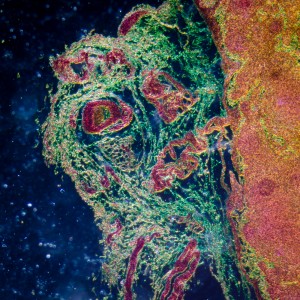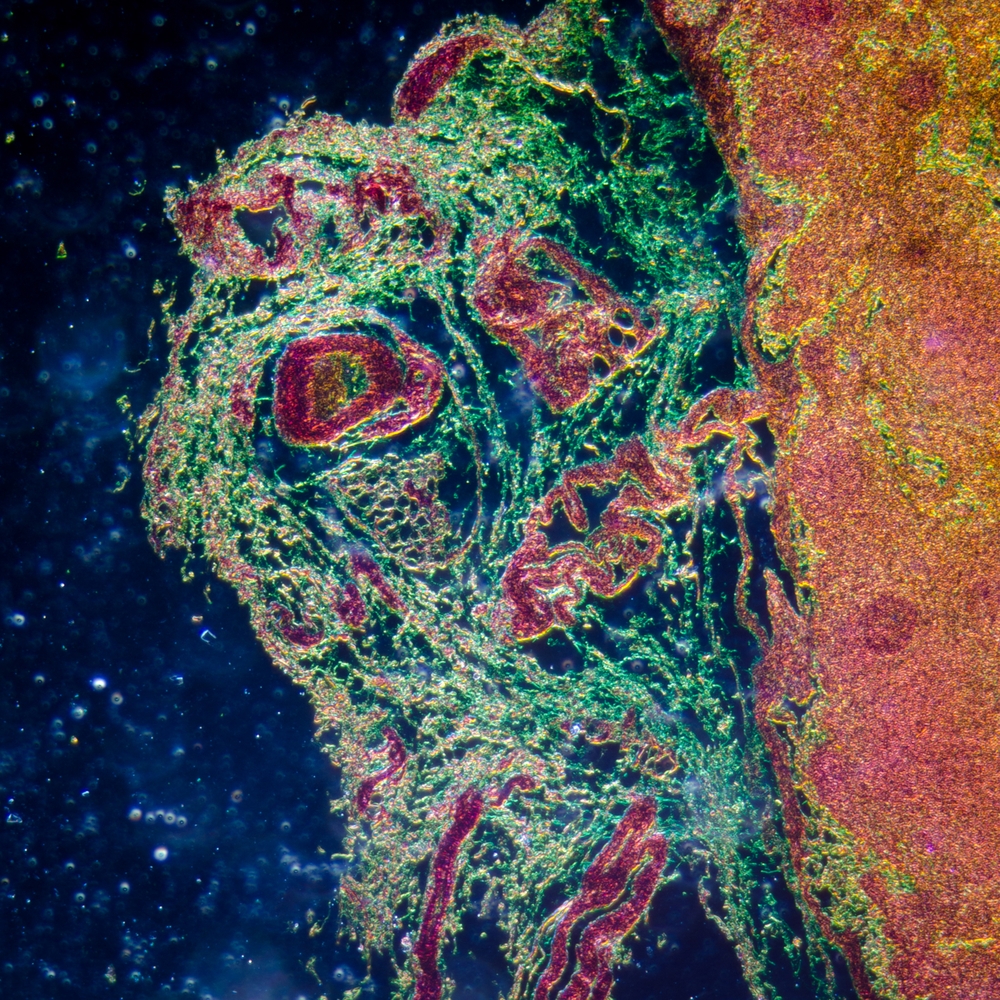 Recent work supported by the Stand Up To Cancer (SU2C) – Cancer Research Institute (CRI) – Immunology Translational Research Dream Team, was published ahead of print in the prestigious Nature journal.
Recent work supported by the Stand Up To Cancer (SU2C) – Cancer Research Institute (CRI) – Immunology Translational Research Dream Team, was published ahead of print in the prestigious Nature journal.
The study, titled “PD-1 blockade induces responses by inhibiting adaptive immune resistance”, aimed at understanding the mechanisms by which the patient’s immune system could be controlled to fight against melanoma. This resulted in the development of pembrolizumab (Keytruda), which was recently approved by the U.S. Food and Drug Administration (FDA).
The team of researchers, led by Dr. Antoni Ribas of UCLA Jonsson Cancer Center and co-leader of the CRI-SU2C Immunology Dream, followed 46 advanced melanoma patients treated with pembrolizumab over a period of 2 years.
All of the patients had biopsies on their tumors before and during treatment, which were assessed by the research team and grouped depending on the patient’s response to the drug. The results obtained from the biopsies were used to predict the probability of a patient’s response to pembrolizumab.
The team found that the patient’s CD8+ T lymphocytes specifically located at the invasive tumour margin were directly associated with expression of the PD-1/PD-L1 immune inhibitory axis and could predict response to therapy. Pembrolizumab has the capacity to block the PD-1 receptor, allowing an efficient response from T cells against the tumor.
“The work of Dr. Ribas, his colleagues and the SU2C-CRI Immunology Dream Team is so important, bringing tangible benefits to patients struggling with advanced melanoma and providing the means to assess why some patients are responsive to this breakthrough drug,” Phillip A. Sharp, Ph.D., chairperson SU2C Scientific Advisory Committee, and MIT Koch Institute for Integrative Cancer Research, Massachusetts Institute of Technology, Cambridge said in a press release. “Not only has this research validated a pathway to determine which patients may be responsive to pembrolizumab, we anticipate it will significantly inform development of better drug combinations that are more effective, less costly and with fewer side effects for even more patients with melanoma and other cancers.”
Stand Up To Cancer (SU2C) is part of the Entertainment Industry Foundation (EIF), and aims to fast-track research of new therapies allowing them to reach patients quicker and ultimately saving lives.


